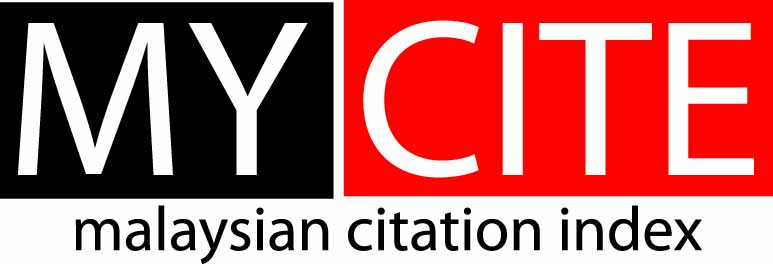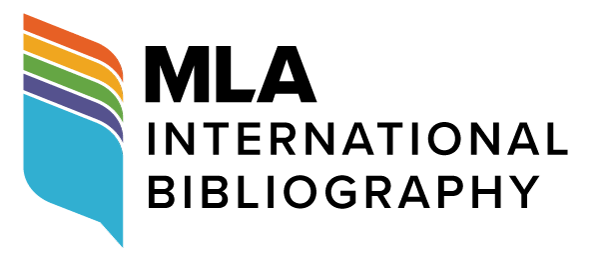Critically problematizing the term “Chineseâ€: Implications for language teaching for Chinese Diasporic communities
Keywords:
Non-Mandarin Chineses, Chinese diasporas, language teaching, heritage learners, United StatesAbstract
While Chinese in the form of Mandarin is currently heavily emphasized in language teaching arenas, little research has looked at the maintenance of other equally relevant Chineses. “Chinese†has been highly diversified in the U.S. and Asian contexts for centuries. Inattention to this diversity sparks the need for a critical viewing of placing too much worth in the political economy of Mandarin at the expense of all the other varieties of Chinese in the local ecologies. In looking at local-level processes we can better understand how to bring minoritized varieties forward. This paper will begin with background information on the varieties of Chinese, followed by a description of the methodology and data collected by the authors, along with the implications this data have on “Chinese†language teaching for Chinese diasporic communities in the U.S. We call for the re-envisioning and reconceptualization of the multiple discourses of “Chinese.â€











